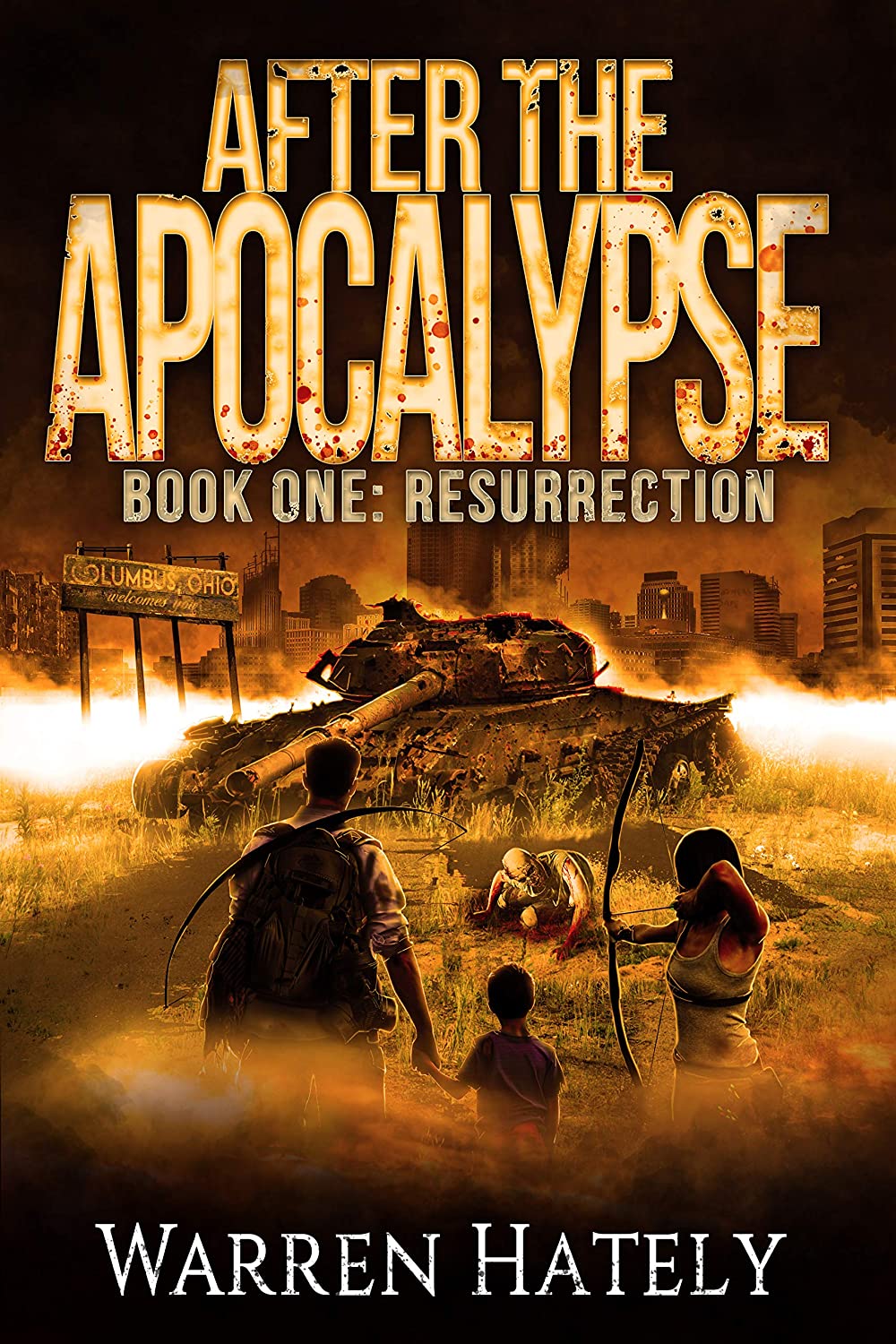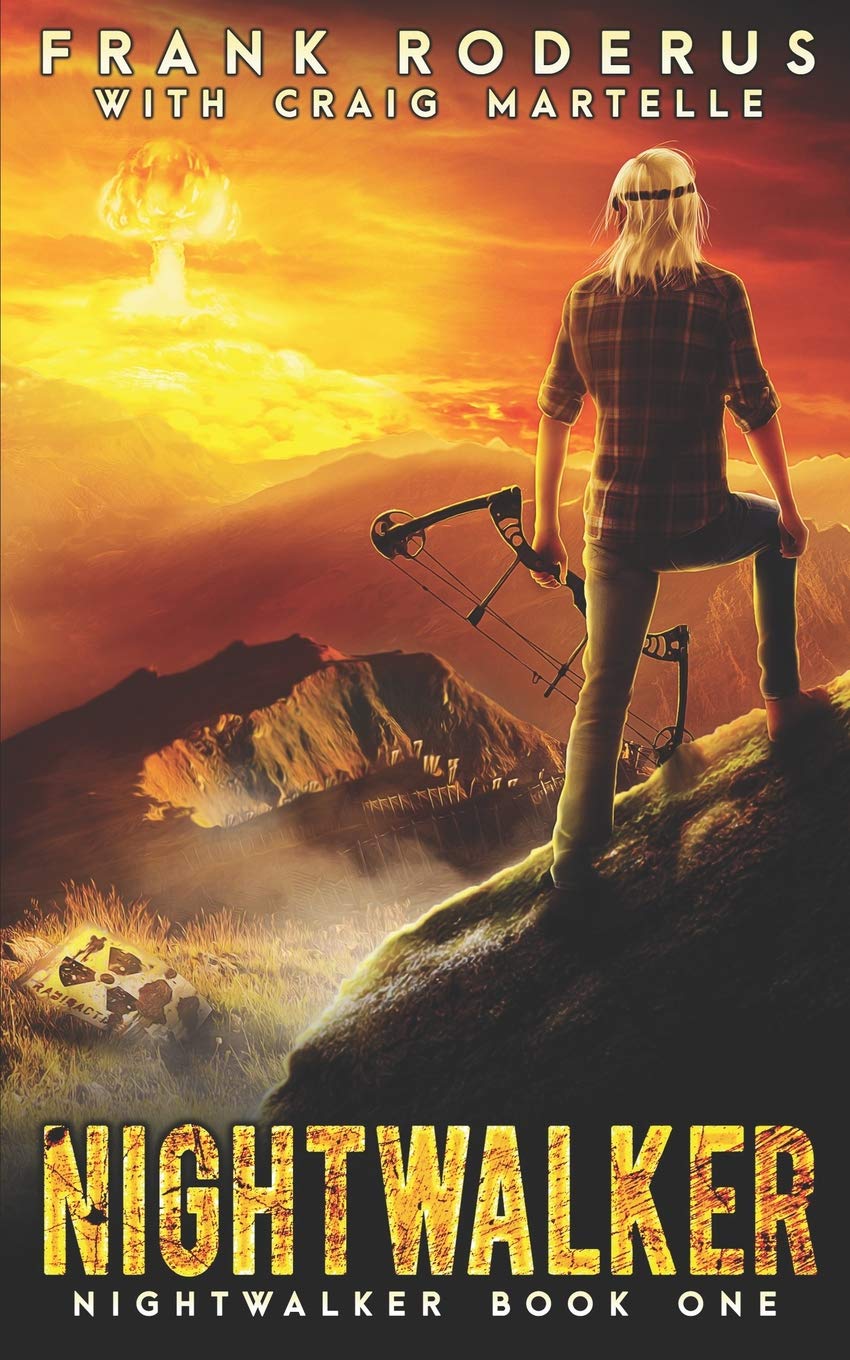It’s time for another group posting of the
Insecure Writer’s Support Group! Time to release our fears to the world – or offer encouragement to those who are feeling neurotic. If you’d like to join us, click on the tab above and sign up. We post the first Wednesday of every month. I encourage everyone to visit at least a dozen new blogs and leave a comment. Your words might be the encouragement someone needs.
The awesome co-hosts today are
Feather Stone, Beverly Stowe McClure, Mary Aalgaard, Kim Lajevardi, and
Chemist Ken!
Today’s question - Do you have any rituals that you use when you need help getting into the ZONE? Care to share?
Today we announce the release of the next IWSG anthology!
Voyagers: The Third Ghost
Print 9781939844729 $13.95
EBook 9781939844736 $4.99
Juvenile Fiction - Historical / Action & Adventure / Fantasy & Magic
Dancing Lemur Press/Freedom Fox Press
Journey into the past…
Will the third ghost be found before fires take more lives? Can everyone be warned before Pompeii is buried again? What happens if a blizzard traps a family in East Germany? Will the Firebird help Soviet sisters outwit evil during WWII? And sneaking off to see the first aeroplane – what could go wrong?
Ten authors explore the past, sending their young protagonists on harrowing adventures. Featuring the talents of Yvonne Ventresca, Katharina Gerlach, Roland Clarke, Sherry Ellis, Rebecca M. Douglass, Bish Denham, Charles Kowalski, Louise MacBeath Barbour, Beth Anderson Schuck, and L.T. Ward.
Hand-picked by a panel of agents, authors, and editors, these ten tales will take readers on a voyage of wonder into history. Get ready for an exciting ride!
Winners:
The Third Ghost – Yvonne Ventresca
Winter Days - Katharina Gerlach
Feathered Fire – Roland Clarke
The Ghosts of Pompeii – Sherry Ellis
Dare Double Dare – Louise MacBeath Barbour
The Blind Ship – Bish Denham
A World of Trouble – Rebecca M. Douglass
The Orchard - Beth Anderson Schuck
Return to Cahokia – L.T. Ward
Simon Grey and the Yamamba - Charles Kowalski
Judges:
Elizabeth S. Craig, author and honorary judge
Elizabeth is the bestselling cozy mystery author of the Southern Quilting mysteries, the Myrtle Clover Cozy Mysteries, the Village Library Mysteries, and Memphis Barbeque mysteries for Penguin Random House, Midnight Ink, and independently. Follow her on Twitter where she shares writing links @elizabethscraig or at her
blog where she offers tips for writers. She lives in Matthews, North Carolina with her husband and is the mother of two.
Dianne K. Salerni, author
Dianne K. Salerni is the author of the The Eighth Day fantasy series and historical novels, The Caged Graves and We Hear the Dead. The Roosevelt Ghosts, featuring young cousins Eleanor and Alice Roosevelt and a vengeful ghost, will be released in 2020 by Holiday House.
Lynda Dietz, editor
Lynda has been fascinated with the written word since her earliest years of reading the back of the cereal box at the breakfast table. She’s now a copyeditor who works with authors in a variety of genres, both in fiction and nonfiction. She’s had a blog for over six years, and shares writing tips from an editor’s point of view with a healthy dose of snark and silliness. She’s also an unapologetic—but always encouraging—grammar thug.
S.A. Larsen, author
S.A. Larsen is the international award-winning author of the middle grade fantasy-adventure MOTLEY EDUCATION and the young adult contemporary-fantasy romance MARKED BEAUTY. When she’s not chasing her characters around a graveyard or antagonizing them with young love, she can be found in Maine with her husband and four children. Visit her cyber home
at S.A. Larsen Books.
Rachna Chhabria, author
Rachna Chhabria's imagination has taken her all over the world and introduced her to all kinds of creatures. She is the author of Festival Stories Through The Year, Lazy Worm Goes on a Journey, The Lion Who Wanted to Sing and Bunny in Search of a Name. A columnist with Deccan Chronicle and The Asian Age, her stories have appeared in Young World, Open Sesame, Tele Kids and Deccan Herald Student Edition newspaper, as well as in several school textbooks. She also taught creative writing in a college for many years. As a child she loved listening to stories, now she loves writing them.

Lindsay Davis Auld, agent - Writers House
Lindsay first started at Writers House in the West Coast office, where she apprenticed with Steven Malk and has had the opportunity to work with some of the very best authors and artists in the industry. She is actively building her list, and is seeking picture book, middle grade, and young adult manuscripts. She has always been passionate about children's and young adult literature, and, as an agent, she is eager to help bring fresh voices, characters and stories to a new generation of readers.
Tonja Drecker, author
Tonja Drecker is a writer, blogger, children’s book reviewer and freelance translator. After spending years in Germany exploring forgotten castles, she currently resides in the Ozarks with her family of six. When she’s not tending her chickens and cows, she’s discovering new adventures, nibbling chocolate and sipping a cup of tea.
David Powers King, author
David's works include WOVEN, THE UNDEAD ROAD, and FULL DARK: AN ANTHOLOGY. He currently resides in the Mountain West with his wife and 4 children.
Our previous
IWSG anthologies -
Masquerade: Oddly Suited
Tick Tock: A Stitch in Crime
Hero Lost: The Mysteries of Death and Life
Parallels: Felix Was Here
And now, the theme reveal and opening of the 2020 IWSG Anthology Contest!
Guidelines and rules:
Word count: 4500-6000
Genre: Science Fiction
Theme: Dark Matter
Submissions accepted: May 6 - September 2, 2020
How to enter: Send your polished, formatted (
double-spaced, no footers or headers), previously unpublished story to
admin @ insecurewriterssupportgroup.com before the deadline passes. Please include your
full contact details, your social links, and if you are part of the Blogging, Facebook, Instagram, or Twitter IWSG group.
Judging: The IWSG admins will create a shortlist of the best stories. The shortlist will then be sent to our official judges.
Our official awesome judges:
Dan Koboldt, author and #SFFpit founder
Dan Koboldt is the author of the Gateways to Alissia trilogy (Harper Voyager), the editor of Putting the Science in Fiction (Writers Digest, 2018), and the creator of the sci-fi adventure serial The Triangle (Serial Box, 2019). As a genetics researcher, he has co-authored more than 80 publications in Nature, Science, The New England Journal of Medicine, and other scientific journals. He is represented by Paul Stevens of Donald Maass Literary Agency.
Lynda R. Young, author
Lynda R. Young is an Aussie writing fantasy novels as Elle Cardy. Wielder’s Prize is her debut YA epic fantasy. She is also an editor, game developer, 3D artist, graphic designer, photographer, gamer and more.
Colleen Oefelein, agent, The Jennifer De Chiara Literary Agency
Colleen Oefelein is an author of YA, picture books, and author promotion guides, a devourer of books, and the owner of the book review site North of Normal. Formerly an associate agent and PR manager with Inklings Literary Agency, Colleen has hosted numerous “Pitch Perfect” and “Rejection Correction” workshops on Facebook and at conferences nationwide, and she’s mentored several authors one-on-one through online pitch contests such as Pitch Wars.
Damien Larkin, author
Damien Larkin is an Irish science fiction author and co-founder of the British and Irish Writing Community. His debut novel Big Red was published by Dancing Lemur Press and went on to be longlisted for the BSFA award for Best Novel. He currently lives in Dublin, Ireland and is working on his next novel Blood Red Sand.
Ion Newcombe, eidtor and publisher
is the editor and publisher of AntipodeanSF, Australia's longest running online speculative fiction magazine, regularly issued since January 1998. His qualifications and employment range from horticulture through electronics into literature and communications.
Julie Gwinn, agent, The Seymour Agency
Julie Gwinn most recently served as Marketing Manager for the Christian Living line at Abingdon Press and before that served as Trade Book Marketing Manager and then Fiction Publisher for the Pure Enjoyment line at B&H Publishing Group, a Division of LifeWay Christian Resources. Recently, she was awarded Editor of the Year from the American Christian Fiction Writers and won B&H’s first Christy award for Ginny Yttrup’s debut novel Words.
David Powers King, author
David's works include Woven, The Undead Road, and Full Dark: An Anthology. He currently resides in the Mountain West with his wife and 4 children.
Prizes: The winning stories will be edited and published by Dancing Lemur Press' imprint
Freedom Fox Press next year in the IWSG anthology. Authors will receive royalties on books sold, both print and eBook. The top story will have the honor of giving the anthology its title. Please see their website for general guidelines on the types of stories they publish.
We’re excited to see the creativity and enthusiasm that’s such a part of this group put into action. So don your creative caps and start writing. And spread the word!
Will you be picking up Voyagers or entering this year's contest?






















